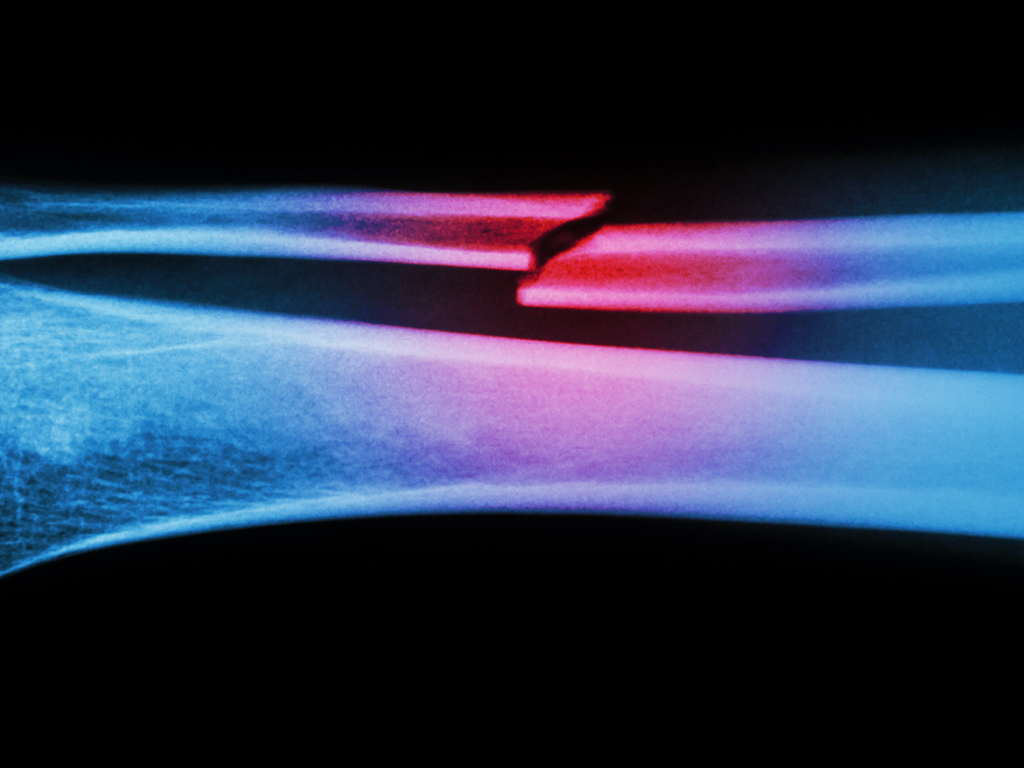New evidence: Bone fractures won’t heal in people with Down syndrome

New research from the Texas A&M College of Veterinary Medicine & Biomedical Sciences is the first to provide direct experimental evidence that people with Down syndrome (DS) may not heal from bone fractures.
The recently published study, led by Kirby Sherman, a doctoral candidate in the Department of Veterinary Physiology & Pharmacology, not only illuminates a previously unknown issue but also highlights a need for doctors to better address the issue of fracture healing in people with DS.
DS, the most common birth defect in the United States, alters human development and leads to a variety of clinical issues, which have included mental impairment, joint laxity, heart defects, sleep apnea, and infertility.
Previous research also had indicated that bone density in people with DS is lower, which increases the likelihood of bone fracture. Scientists previously believed that the healing response to fractures would be different in people with DS, but to discover that fractures in DS would not heal “was incredible,” Sherman said.
“Scientists have been studying fractures for a long time in a lot of different species, and while healing might be slow in some cases, the vast majority of fractures do eventually heal in all species,” Sherman said. “In our research, the fractures didn’t heal at all.
“When bones heal, a soft callous made of cartilage, a sort of glue, will form on the bones and then connect the fractured ends back together; we call this bridging,” said Sherman. “In Down syndrome models, the glue starts to form, but it’s never able to bridge.”
This is alarming, the researchers assert, because a fracture not fully healing can have devastating health impacts, which is compounded for those with DS because of their pronounced bone density loss.
“Based on this, the risk of fractures is a major health concern for the Down syndrome community,” Sherman said.

